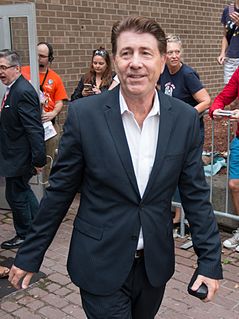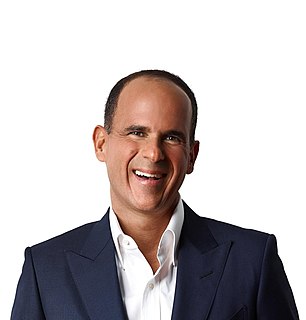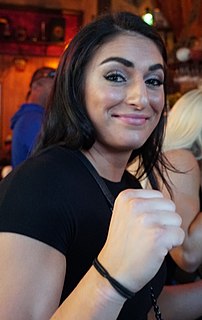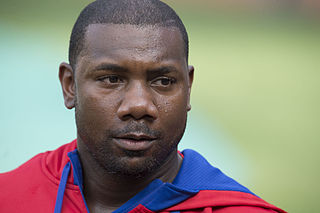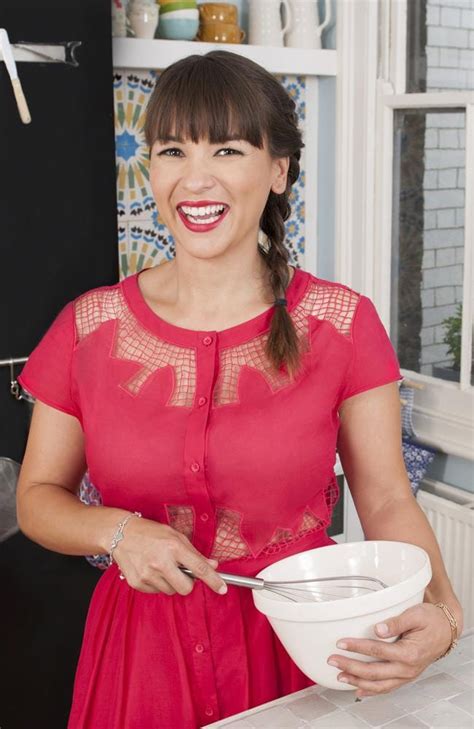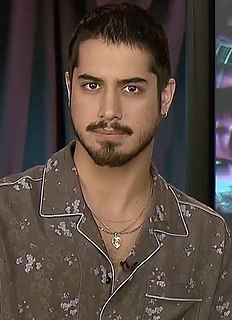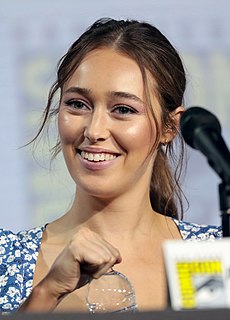A Quote by Tara Westover
When I came to Cambridge, I was involved in the ward for a little bit, but I did have a very gradual process of trying to work out what I thought a good life consisted of.
Related Quotes
I did always want to write. And then, when I left New York, where I was working very steadily in the theater - I had done three Broadway shows in a row and was a bit burnt out - I moved out to L.A. and I was not working very much. I came in cold and I'd work for a week, but then I'd have a month or two off. I thought, "I'm going to go crazy unless I actually do write." Like a lot of things in life, it was a situation that came about by circumstances.
Usually, you can figure out where a person's mistakes came from if you ask them the genesis of their thought process: 'Why did you do it this way?' As opposed to telling them they did it the wrong way. Understanding their thought process will ultimately help you be able to communicate with them and navigate around them.
I think there are a lot of people who are involved in the Tea Party who have very real and sincere concerns about spending that's out of control or generally philosophically believe that the government should be less involved in certain aspects of American life rather than more involved. And they have every right and obligation as citizens to be involved and engaged in this process.
At one time in the mid-'70s I became the president of the Boston-Cambridge chapter of the World Future Society. Because I'd been in my studio by myself since 1968 on up. And the thing is that my social life consisted of being involved in organizations like that. I would get people to come and speak, and speak myself and that kind of stuff.
I think my first thought on reaching the summit- of course, I was very, very pleased to be there, naturally - but my first thought was one of a little bit of surprise. I was a little bit surprised that here I was, Ed Hillary, on top of Mt. Everest. After all, this is the ambition of most mountaineers.
With patisserie, unlike with cooking, you have to be very precise; you can't just add a bit of this and a bit of that, because your cake starts melting. There's a lot of technique involved, but you can still be creative. Because of my artistic background, when I have that freedom I tend to do things a little bit out of the box.
I'm trying to make it a little bit more personal this time. All my shows are hodge-podges, and this one is no exception but this one delves a little more deeper into my life and my world. Hopefully it's funny. I did a version of this at Birdland last January and it's similar-ish to what I've done before. But I've been working on it all year; I did it out here in Los Angeles in a theatre and kept developing it. Hopefully it'll be better.
My mom's a children's television writer, so I was involved and around from a very young age. When I was eight, I did my first film with Rachel Ward and Bryan Brown, who are a quite well-respected Australian producer-director duo, and that just changed my whole perspective on what I could do in life and be.


